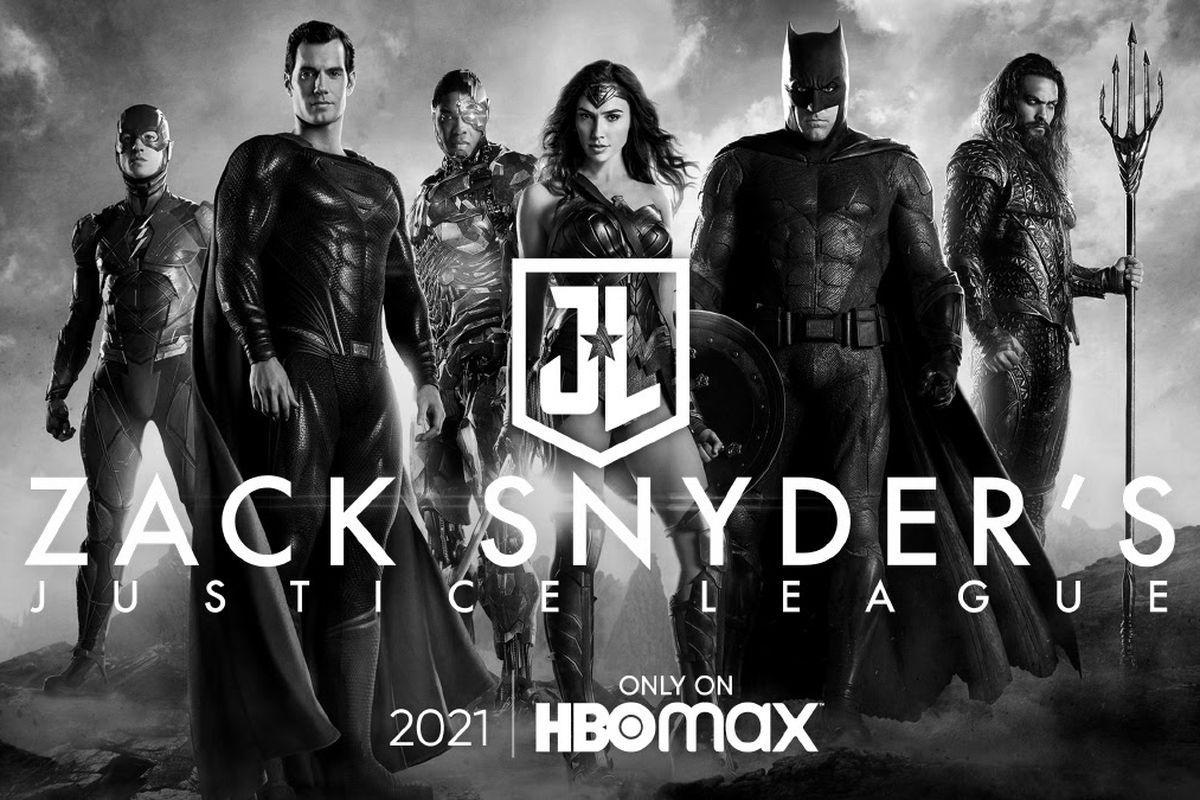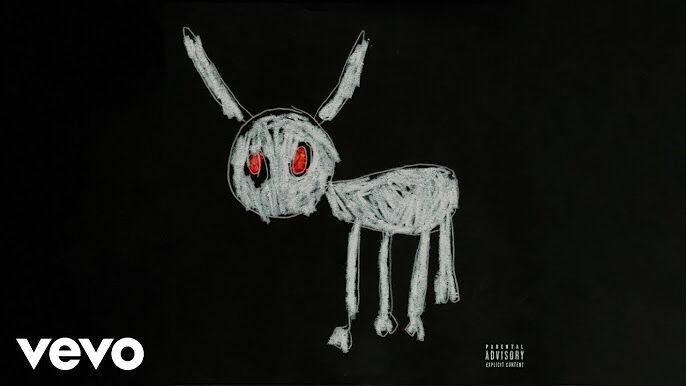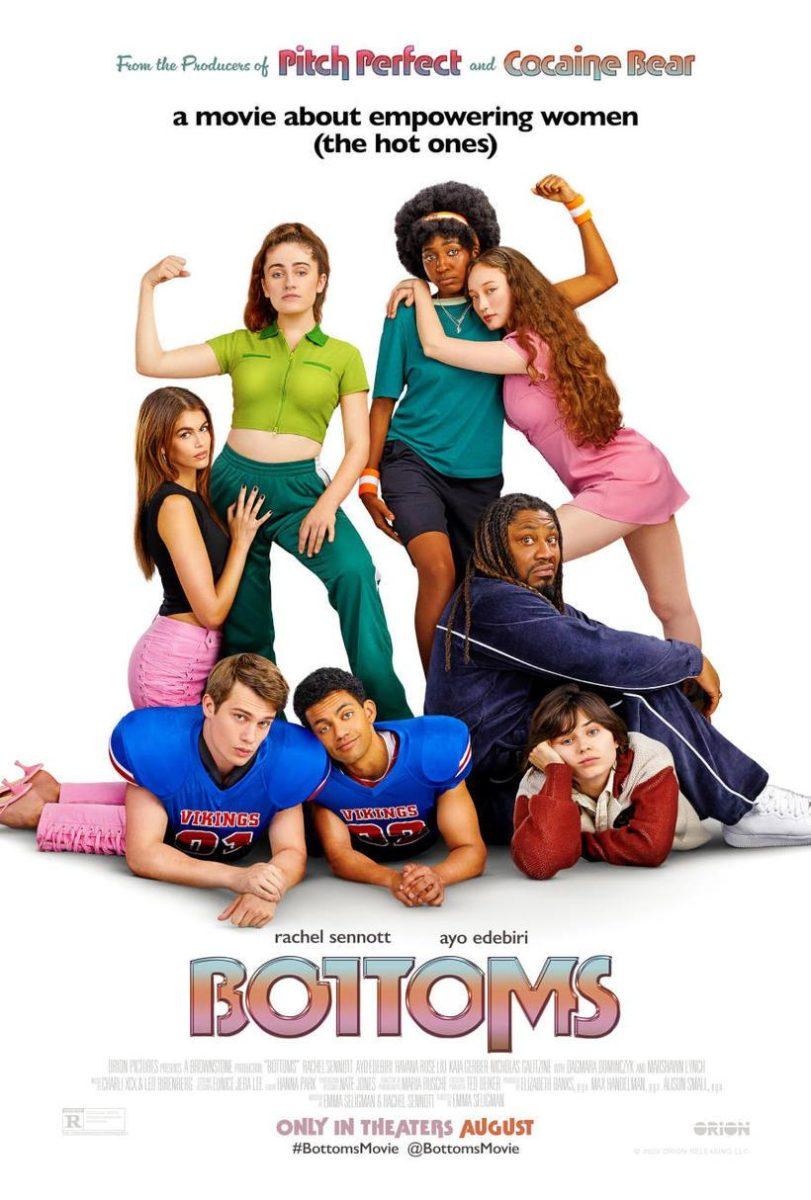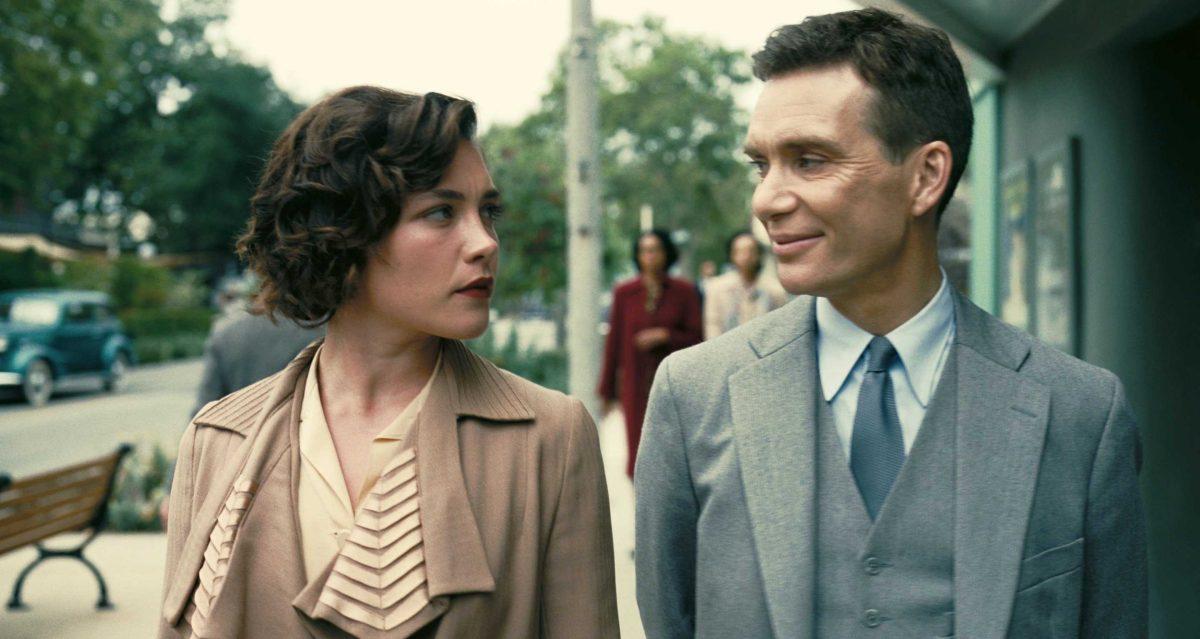Stars: 3.5/5
Let’s start with a story. This is a story of redemption, a story about changing ones’ perspective. This is my story with Zack Snyder and his DC films.
When Snyder’s “Batman v. Superman: Dawn of Justice” was released, I hated it. It was everything I didn’t like about movies—self-serious, pretentious and incoherent—paired with gross misinterpretations of characters I love—like Superman as an emotionless god and Batman as a murderous psychopath.
I resigned myself to the fact that Snyder just didn’t understand what made these characters great and it just wasn’t for me. By the time the original cut of “Justice League” came out with its rushed production schedule and behind the scenes turmoil, I was ready to close the book on Snyder and his films entirely. Then came #releasethesnydercut.
I discounted this movement of fans wanting to see this story I didn’t care about be told properly almost immediately. Every time it was in the news for another absurd publicity stunt promoting a cut that didn’t exist, I laughed and mocked it. I thought it would never come out, but here we are. It happened and what I expected was a train wreck of epic proportions.
What I got was something entirely different. I entered “Zack Snyder’s Justice League” expecting to hate it with every fiber of my being but ended up enjoying it on a level I didn’t think was possible.
When originally released in 2017, “Justice League” was a disastrously bland collection of scenes from two separate directors—Snyder and Joss Whedon. It was a clear attempt to salvage a movie in a corporate attempt to compete with the more successful Marvel Cinematic Universe but ended up being an incoherent mess filled with horrendous green screen effects and actors who just didn’t want to be there delivering lines in reshoots that were laughable.
In “Zack Snyder’s Justice League,” released on HBO Max nearly four years after the original, all of these problems are gone. Sure, the basic plot may be the same as the original, but every character—including the villain, Steppenwolf (Ciarán Hinds)—become more than just generic archetypes.
Snyder’s cut of the film replaces every scene reshot by Whedon with his original footage in a more mature and coherent fashion. Where the Batman (Ben Affleck) of the original was a quip machine with the range of an actual bat, Snyder’s Bruce Wayne seems to care about the material he is given. This can be said for all the characters, especially Cyborg (Ray Fisher).
Fisher’s performance and arc were notably chopped to hell and back in Whedon’s cut of the film but here Cyborg is no longer a plot device but an integral part of the film’s emotional core. There’s a standout moment toward the film’s climax where Cyborg confronts his human form and family in a way that made me feel real catharsis.
The real star of the show in this film—outside of Snyder’s excellent control of action filmmaking—is the return of Superman (Henry Cavill).
When Superman returns in a glorious black suit harkening back to Dan Jurgans’ 1993 “Death and Return of Superman,” he inspires hope in our heroes and the audience. Superman’s portrayal here, following his rebirth, is a 180 from his characterization in Snyder’s past outings. Here, Snyder seems to understand Superman, something I never thought I would say.
When this movie commits to being an epic action movie, it delivers on that promise 100% and when it commits to being an emotionally charged piece focusing on characters, it delivers on that as well. There’s a real life to this movie that Snyder’s previous films lacked—and the original cut missed entirely.
This movie proves that, unlike Snyder’s “Batman v. Superman,” being overly cynical on a basic level does not mean a film is more emotionally resonant or mature. This film breathes hope. Again, something I never thought I’d say.
The runtime of this film is where it begins to fall apart. This movie clocks in at an absurd four hours long. Did this movie need to be twice the length of the original? The answer of course is no. This is essentially an assembly cut of a movie where every superfluous scene that should’ve been left on the cutting room floor is thrown in.
Due to the length, the pacing feels awkward at times. Sometimes there’s moments where things just slow down and the audience follows non sequiturs that distract from some of the more engaging emotional plots.
Slowing down is a trademark of Snyder films, with what some would call an excessive use of slow motion. This film is no different. There are scenes that do not need to be slow motion but are cut to add an overly long sense of dramatic tension that just isn’t necessary most times.
By the end of this bombastic superhero action ride, the audience is left with a sense of hope that is almost immediately derailed by a prolonged epilogue dedicated to teasing a future sequel that does not exist—and supposedly will never exist.
After the film’s actual ending, we see the only new footage shot in this film: a ‘knightmare’ sequence featuring an evil Superman, a Mad-Max inspired Batman who says the “f-word” and a bizarre cameo by Jared Leto’s Joker. This epilogue is a battering ram to the momentum of this movie. It shoots it right as it crosses the finish line, holding it back from ending on a thematically rich not in favor of a cameo and a tease for something that is ambiguously left in limbo.
In the end, there’s so much more here that I enjoy that I dislike. I was expecting to watch this and enjoy a singular aspect: the orchestral music of Hans Zimmer and Junkie XL. The music was incredible, but I left with something more, much more. I left feeling catharsis about a director and a movement that I spent so long dismissing.
This movie will never change my feelings about Snyder’s previous films that I despise but I enjoyed this movie far more than I had ever expected. Outside of the pacing issues, some weird choices with acting—specifically from Ezra Miller’s The Flash—and an ending that kneecaps it, this movie won me over.
“In time, they will join you in the sun.”
I can’t think of a more apt metaphor than this line delivered by Superman’s father Jor-El in Snyder’s “Man of Steel” to describe Snyder’s film. It took time, but he finally made a DC movie that embodied the ideals of hope these heroes are all about.
“Zack Snyder’s Justice League” is a mildly flawed, yet perfect metaphor of redemption for a filmmaker I despised, especially for an experience I never thought would even exist.
Head to Head Rev Rank: ‘Zack Snyder’s Justice League’ is a flawed, yet hopeful redemption for the ages
March 22, 2021
justice league
More to Discover









